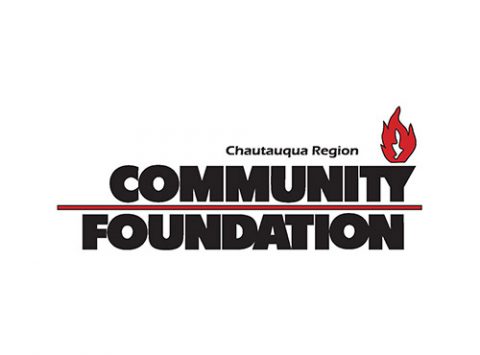Overview
While infant mortality has declined in this country, the United States still ranks last among 17 developed nations, and near the bottom in child mortality and low birth weight. Meanwhile, pregnancy-related deaths among women have actually risen by 60% since 1989.
There are also severe racial and socioeconomic inequalities in birth outcomes. In 2009, black women died from childbirth at rates 67% higher than white women. Black women were also 55% more likely to lose a baby during childbirth than white women.
Ensuring the health of mother and child depends on prenatal and postpartum care, as well as many health and social factors. High-risk pregnancies are more likely for women who are in stressful circumstances or unstable housing, have physical or mental health conditions, lack education or transportation, are unemployed and have other babies.
After birth and as children grow up, their health and well-being can still be affected by the nutrition, health and behaviors of their mothers during pregnancy.
To help ensure healthy pregnancies and birth outcomes, the Foundation launched a program to expand the use of Best Practices for Maternal & Child Health Systems in 2009. The program focuses on geographic “hot spots” across our regions – areas with high poverty rates that have a high risk of poor maternal and child health outcomes.
In these hot spots, we work with community partners to:
- Serve women in hard-to-reach populations;
- Implement evidence-based, best practices;
- Address gaps in existing services; and
- Build sustainable business models for key Maternal and Child Health services and programs.
Finding Hot Spots with the Greatest Need
To identify the hot spots where we focus our work, the Foundation first conducted an environmental scan, beginning in the central New York region, to identify needs and gaps in the maternal and child health system. In a follow up, we drilled even deeper into issues affecting birth outcomes to get data at the zip code level. We then conducted interviews with pregnant and parenting mothers to gain their perspective on the experience of childrearing in the communities we serve. We replicated that same process when we expanded the program to western New York.
Currently, the hot spots where we have Maternal and Child Health programs are:
Central New York |
Western New York |
|
|
Results
In an independent evaluation, the R/E/D Group examined our approach to improving maternal and child health in central New York, featuring case studies on three projects.
One of the grantees in the first phase of the Best Practices for Maternal & Child Health Systems program was a hospital that implemented the CenteringPregnancy® model at their Prenatal Clinic.
What evaluators found was promising – there were improvements in prenatal care delivery and in postpartum education and support services.
The first CenteringPregnancy cohort, beginning in June 2013, had a 92% attendance rate at their first post-partum visit, compared to the clinic’s 80% attendance rate. Also encouraging were breastfeeding rates. At the post-partum visit, 50% of the CenteringPregnancy cohort were breastfeeding compared to 25% of their clinic counterparts.
The majority of participants found the educational discussions to be very helpful and patients felt CenteringPregnancy’s group care model was a positive and comfortable experience, with 92% reporting that they felt prepared for labor, birth and parenting.
Relevant Resources:
Maternal and Child Health Data in Central New York: Profiling High Risk Communities
Maternal and Child Health in Central New York: A Qualitative Study
Maternal and Perinatal Health in Western New York
Maternal and Child Health Initiative Evaluation
Maternal and Child Health in Western New York: A Qualitative Study




















